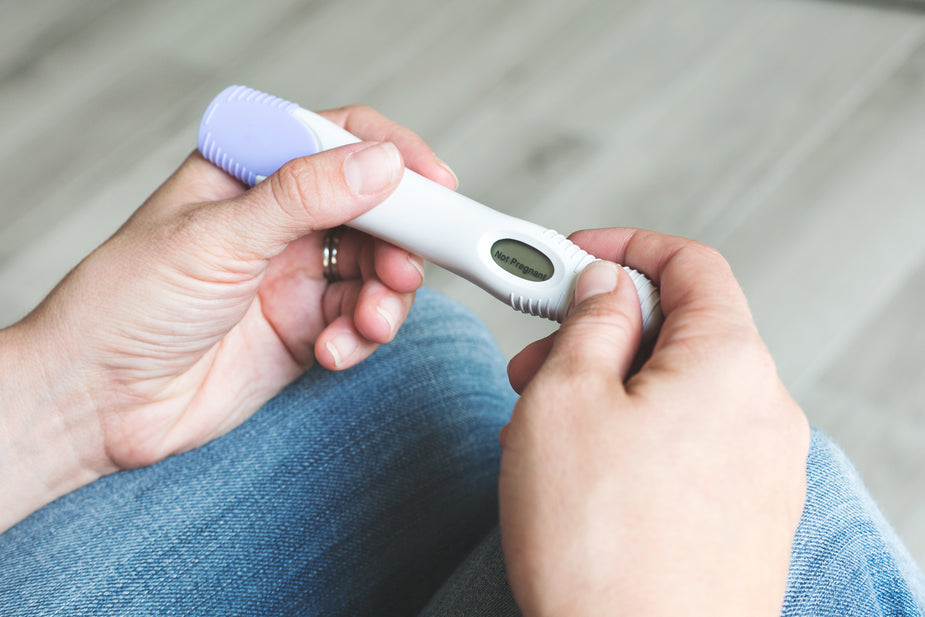Diagnosis
Did you know?
Roughly 16% (or 1 in 6) couples in Canada experience infertility.
What is Infertility?

Infertility is a disease of the reproductive system that impairs one of the body's most basic functions – the conception of children.
Conception is a complicated process that depends upon many factors:
- The production of healthy sperm by the man and healthy eggs by the woman
- Unblocked fallopian tubes that allow the sperm to reach the egg
- The sperm's ability to fertilize the egg when they meet; the ability of the fertilized egg (embryo) to become implanted in the woman's uterus
- Sufficient embryo quality
Finally, for the pregnancy to continue to full term, the embryo must be healthy and the woman's hormonal environment adequate for its development.
When just one of these factors is impaired, infertility can result.
What causes Infertility?

No one can be blamed for infertility any more than anyone is to blame for diabetes or leukemia.
In rough terms, about one-third of infertility cases can be attributed to male factors, and about one-third to factors that affect women.
For the remaining one-third of infertile couples, infertility is caused by a combination of problems in both partners or, in about 20 percent of cases, is unexplained.
The most common male infertility factors include azoospermia (no sperm cells are produced) and oligospermia (few sperm cells are produced).
Sometimes, sperm cells are malformed or they die before they can reach the egg.
In rare cases, infertility in men is caused by a genetic disease such as cystic fibrosis or a chromosomal abnormality.
The most common female infertility factor is an ovulation disorder.
Other causes of female infertility include blocked fallopian tubes, which can occur when a woman has had pelvic inflammatory disease or endometriosis (a sometimes painful condition causing adhesions and cysts).
Congenital anomalies (birth defects) involving the structure of the uterus and uterine fibroids are associated with repeated miscarriages.
When to see a Physician?

Couples are generally advised to seek medical help if they are unable to achieve pregnancy after 1 year of unprotected intercourse. It is highly recommended to include both the female and male partner for diagnosis.
Being evaluated earlier is appropriate after six months for women who are older than age 35 or who have one of the following known or suspected medical history:
- Irregular menstrual cycles (lasting over 35 days apart) or amenorrhea (no period at all)
- Problems with the uterus or fallopian tubes
- Other problems in the abdominal cavity (ie: endometriosis or abdominal adhesions)
- Male infertility
